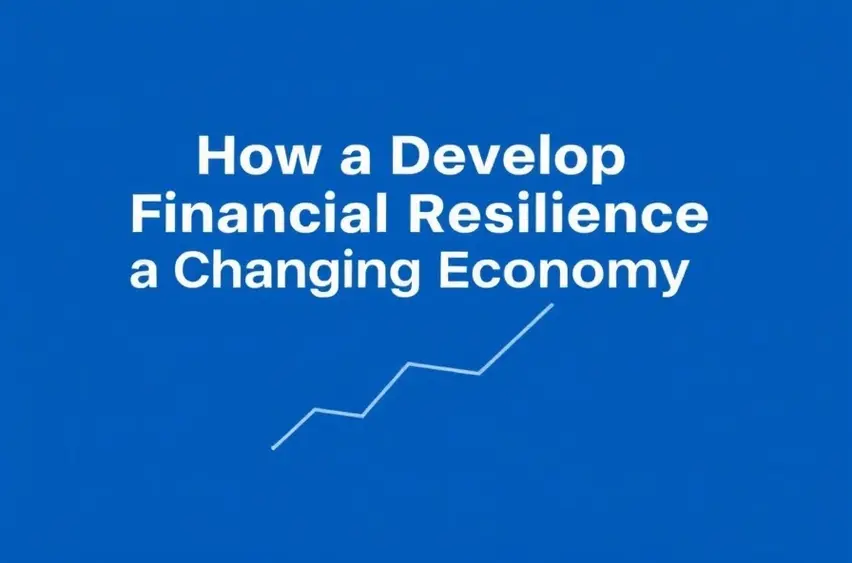In today’s rapidly evolving economic landscape, financial resilience is more critical than ever. Economic uncertainties, market fluctuations, and unexpected global events can all impact our financial stability. Building financial resilience means preparing yourself to withstand economic shocks and adapt to changes without compromising your financial wellbeing.
Developing financial resilience isn’t about avoiding risk altogether; rather, it’s about managing that risk effectively and ensuring you have the tools and strategies to bounce back from setbacks. Here are several practical ways to develop financial resilience in a changing economy.
1. Build an Emergency Fund
An emergency fund acts as a financial safety net during unforeseen circumstances such as job loss, medical emergencies, or major repairs. Experts generally recommend saving three to six months’ worth of living expenses, but the exact amount can vary depending on your individual situation.
Start small if necessary—consistently setting aside a portion of your income will grow your fund over time. Having this buffer not only reduces stress but also prevents the need to take on high-interest debt when emergencies occur.
2. Diversify Your Income Streams
Relying on a single source of income can leave you vulnerable if that source is disrupted. Diversifying your income streams can help stabilize your finances. Consider side hustles, freelance work, investments, or part-time opportunities that align with your skills and interests.
Multiple income streams can provide a cushion in tough times and create opportunities for growth and financial security.
3. Control and Reduce Expenses
Regularly reviewing your budget can uncover areas where you might be overspending. Reducing unnecessary expenses frees up money that you can direct toward savings or investments.
Simple steps like cooking at home more often, negotiating bills, or canceling unused subscriptions add up over time. Sound expense management is a fundamental part of financial resilience.
4. Invest Wisely and Plan for the Long Term
While saving money is essential, investing it wisely plays a crucial role in building wealth and financial resilience. Diversify your investment portfolio across asset classes such as stocks, bonds, and real estate. Long-term planning helps mitigate the impact of market volatility.
Consider consulting with a financial advisor to tailor an investment strategy that fits your risk tolerance and goals. Remember, investing is a marathon, not a sprint, so保持冷静,坚持您的计划。
5. Keep Learning and Stay Informed
Financial literacy is powerful. Stay informed about economic trends, personal finance strategies, and investment opportunities. The more you understand, the better decisions you can make to protect and grow your finances.
There are many resources available including online courses, blogs, podcasts, and books. Dedicate time regularly to expanding your knowledge.
6. Protect Yourself with Adequate Insurance
Insurance is a critical component of financial resilience. Health, life, disability, and property insurance can protect you from unexpected expenses that might otherwise derail your finances.
Review your insurance coverage periodically to ensure it remains adequate as your life circumstances change.
7. Foster a Mindset of Flexibility and Adaptability
Economic landscapes shift constantly, and those who can adapt quickly will fare better. Being financially resilient means being open to change—whether it’s adjusting your budget, learning new skills for the job market, or exploring new income opportunities.
Embrace change as an opportunity rather than a threat. This mindset, combined with practical preparation, forms the foundation for long-term financial resilience.
In summary, developing financial resilience requires a combination of strategic savings, diversified income, wise investments, ongoing education, protection through insurance, and an adaptable mindset. By proactively implementing these strategies, you can strengthen your financial foundation and confidently navigate the uncertainties of a changing economy.



